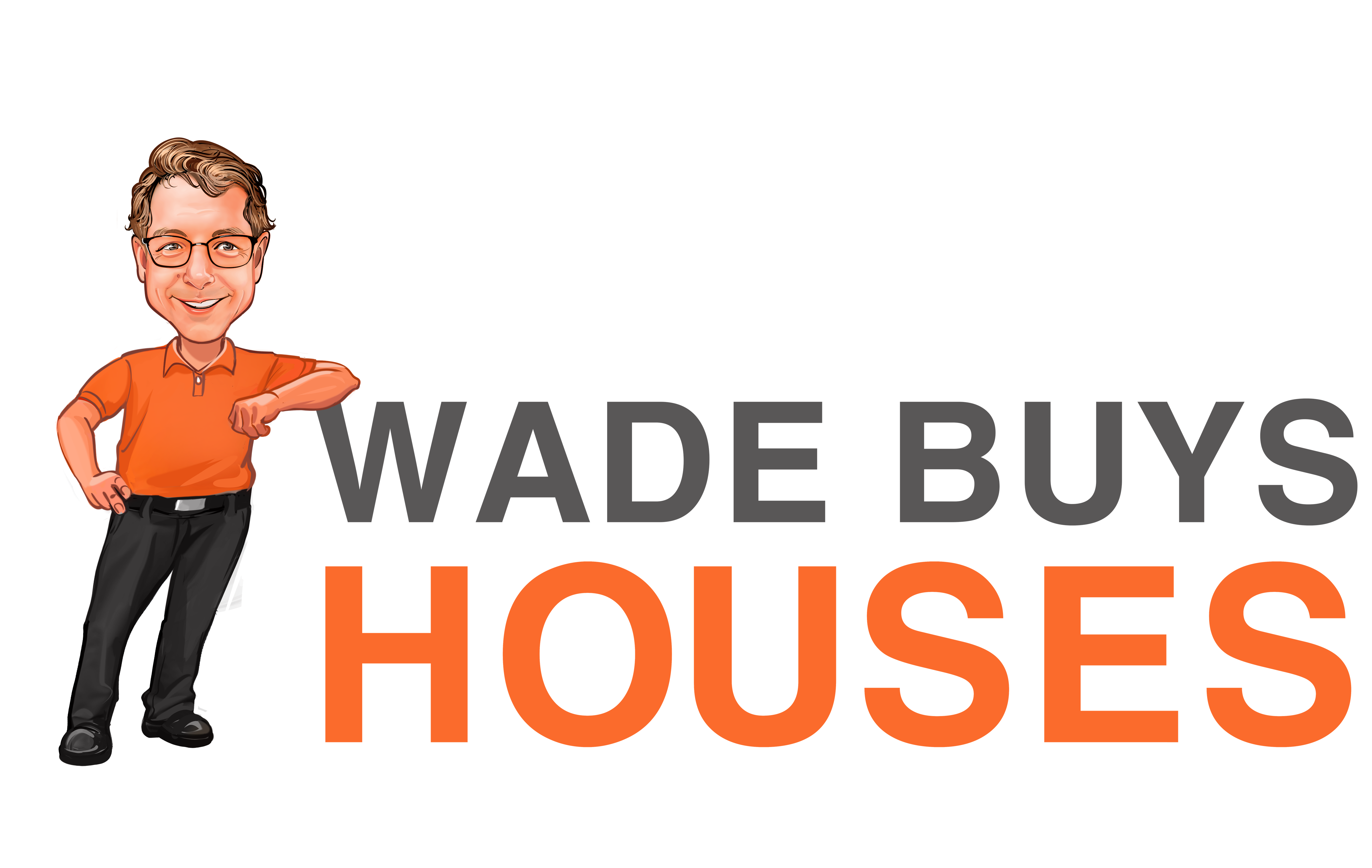Whether you find yourself in the position of a buyer or a borrower/seller, it’s important to understand the distinct advantages and challenges that come with a short sale and foreclosure.
What Is A Foreclosure In Edmonton, AB?
Let’s begin by unraveling the concept of foreclosure in Edmonton, AB. In simple terms, a foreclosed home is one where the owner is unable to meet their mortgage loan payments, leading the bank to repossess the property as a means to recoup their lent funds (source).
When you cease making payments on your house, your lender possesses the right to initiate foreclosure proceedings in order to recover the money owed.
Typically, a home enters foreclosure when a borrower fails to meet their mortgage obligations. As a result, the lending institution assumes ownership and possession of the property, ultimately evicting the borrower. These properties are then sold at auction or through more traditional channels with the assistance of real estate agents. It’s crucial to note that foreclosure can have a detrimental impact on a borrower’s credit rating, making it exceedingly challenging to secure a mortgage for several years.
It’s worth mentioning that the foreclosure process can vary depending on the state you reside in. To gain a deeper understanding of how the foreclosure process operates, you can refer to the foreclosure process information.
What Is A Short Sale?
Now, let’s delve into the concept of a short sale. In a short sale, the home is still owned by the borrower. A short sale occurs when the proceeds from selling the property fall short of the outstanding balance of debts secured by liens on the property. The property owner, unable to repay the full amounts owed on the liens, seeks an agreement with the lien holders to release their claim on the real estate in exchange for a lesser amount. The textbook definition of a short sale: “A short sale is a sale of real estate in which the proceeds from selling the property will fall short of the balance of debts secured by liens against the property, and the property owner cannot afford to repay the liens’ full amounts and where the lien holders agree to release their lien on the real estate and accept less than the amount owed on the debt” (source: Wikipedia)
In some instances, a short sale becomes an option agreed upon by both the borrower and the lenders involved. In a short sale, the home is sold for less than the remaining mortgage balance. Whether the borrower remains responsible for the unpaid balance (referred to as the deficiency) depends on the specific circumstances.
It’s important to note that completing a short sale can be a time-consuming process since multiple lending institutions may hold stakes in the mortgage. All parties involved must reach an agreement on the sale terms, and if even one lender dissents, the potential deal may fall through.
Short Sale vs Foreclosure – Your Options
Now, let’s compare the options of a short sale and foreclosure, considering the advantages and impacts they entail. While both choices can have consequences, a short sale generally has a lesser impact on the borrower’s creditworthiness. A foreclosure can lower a borrower’s credit score by 300 or more points, whereas a short sale may only result in a 100-point reduction.
Additionally, individuals who undergo foreclosure often face a waiting period of 5-7 years before they can secure a traditional mortgage to purchase another home. On the other hand, under specific circumstances, a borrower who completes a short sale may be eligible to purchase a new property immediately.
Given the ongoing challenges faced by many Americans in an economy still recovering from the 2008 crash, numerous individuals struggle to meet their monthly mortgage obligations. For borrowers facing difficulties with timely payments, choosing between foreclosure and initiating a short sale (or exploring a 3rd option… selling your Edmonton house fast )is an easy choice for a borrower having troubles paying their mortgage on time.
Sometimes, lenders are willing to collaborate with borrowers to facilitate a short sale, thereby avoiding the fees and time-consuming process associated with foreclosure.
Our suggestion is always this.
- Talk with your lender and discuss ways that they can work with you on your loan. We offer this service where we can help guide you in the right direction if you run into issues with your lender… just reach out to us on our Contact page and we’ll discuss your situation.
- Attempt a short sale or other programs your lender may have that forgives part of your loan, creates a new / more affordable monthly payment so you can get back on your feet, etc.
- If the bank isn’t willing to work with you very much… your best option may be to sell your house. Work with a local real estate house buyer service like Wade Buys Houses to sell your house fast for an all-cash offer. If you’re interested we can look at your situation and make you a fair offer on your house within 24 hours. Just fill out the form on our website over here >>
- Foreclosure. Last resort is to let the house fall into foreclosure. This is the worst possible scenario. It’ll harm your credit and you could still be left with money owed to the bank even after the foreclosure is finished.
By knowing your options, you may be able to dodge a significant impact on your credit score, allowing you to purchase a new home when your situation improves. A foreclosure on your credit report makes that possibility extremely difficult for 5-7 years, so if you have the opportunity, a short sale can be the better option.
Have a pending foreclosure? We’d like to make you a fair all-cash offer on your house.

